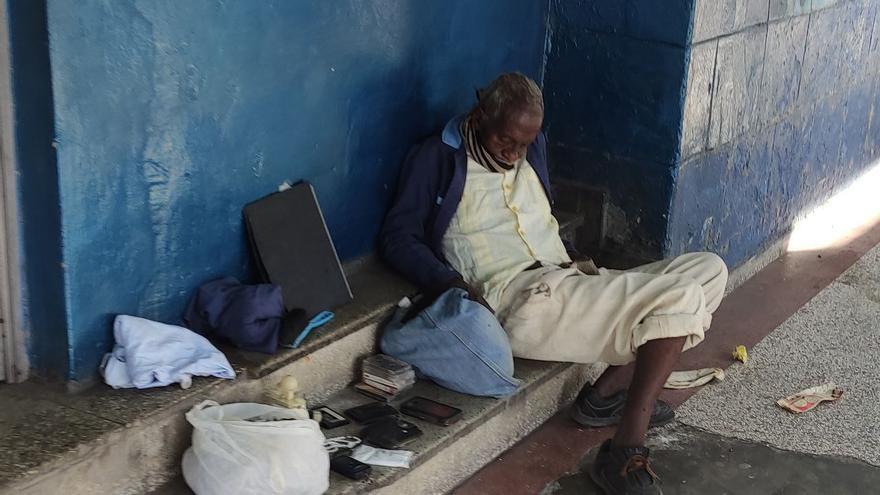
![]() 14ymedio, Yaxis Cires, Madrid, 20 May 2024 — Last summer 27% of Cuban households received some sort of remittance from relatives living abroad according to a 2023 report* by the Madrid-based Cuban Observatory of Human Rights (OCDH). This is a significant reduction compared to the previous two years (34% and 37%, respectively) and is presumably due to efforts by many families to help their relatives get out of Cuba by any means possible. Another factor for the decline could be a certain level of donor fatigue after decades of not being able to see the light at the end of the tunnel.
14ymedio, Yaxis Cires, Madrid, 20 May 2024 — Last summer 27% of Cuban households received some sort of remittance from relatives living abroad according to a 2023 report* by the Madrid-based Cuban Observatory of Human Rights (OCDH). This is a significant reduction compared to the previous two years (34% and 37%, respectively) and is presumably due to efforts by many families to help their relatives get out of Cuba by any means possible. Another factor for the decline could be a certain level of donor fatigue after decades of not being able to see the light at the end of the tunnel.
Faced with daily challenges such as power outages, shortages of food, medicine and transportation as well as the lack of basic freedoms, many Cubans rely on aid from abroad just to get by. This is especially true for retirees, whose monthly pensions are worth less than a carton of 30 eggs or a kilogram of powdered milk. But nothing is easy on the island, which many on the international left portray as the model of social rights.
According to the aforementioned study, 41% of those who receive remittances said they do not have enough to survive. Another 34% said that, while they do have enough, they cannot afford any extras. It is difficult to escape the reality of poverty that today affects 88% of households and that causes at least 78% of Cubas to sacrifice one or two meals a day.
In quite a few countries, remittances have helped energize national economies. For example, many Colombians and Mexicans living abroad invest a portion of their income in their native countries, whether that be in small businesses, real estate or their children’s educations. Why is it that, in Cuba, remittances only provide subsistence?
The answer can be found in the disastrous Cuban economy, the lack of freedom, the absence of legal protections, and the state’s dominant role in the economy. A combination of problems endemic to a system that does not work, is poorly managed and is led by a regime with an almost overwhelming distrust of the Cuban exile community, whose money it likes but whose success it fears.
Meanwhile, as the Cuban regime wavers between “not wanting to” and “not knowing how to,” people pay an enormous human cost. An overwhelming hijacking of millions who are subjected to constant pointless demands via state media for sacrifice and reminders that they live in “paradise.”
______________
*Editor’s note: The article’s author is director of political strategy for the OCDH.
____________
COLLABORATE WITH OUR WORK: The 14ymedio team is committed to practicing serious journalism that reflects Cuba’s reality in all its depth. Thank you for joining us on this long journey. We invite you to continue supporting us by becoming a member of 14ymedio now. Together we can continue transforming journalism in Cuba.

